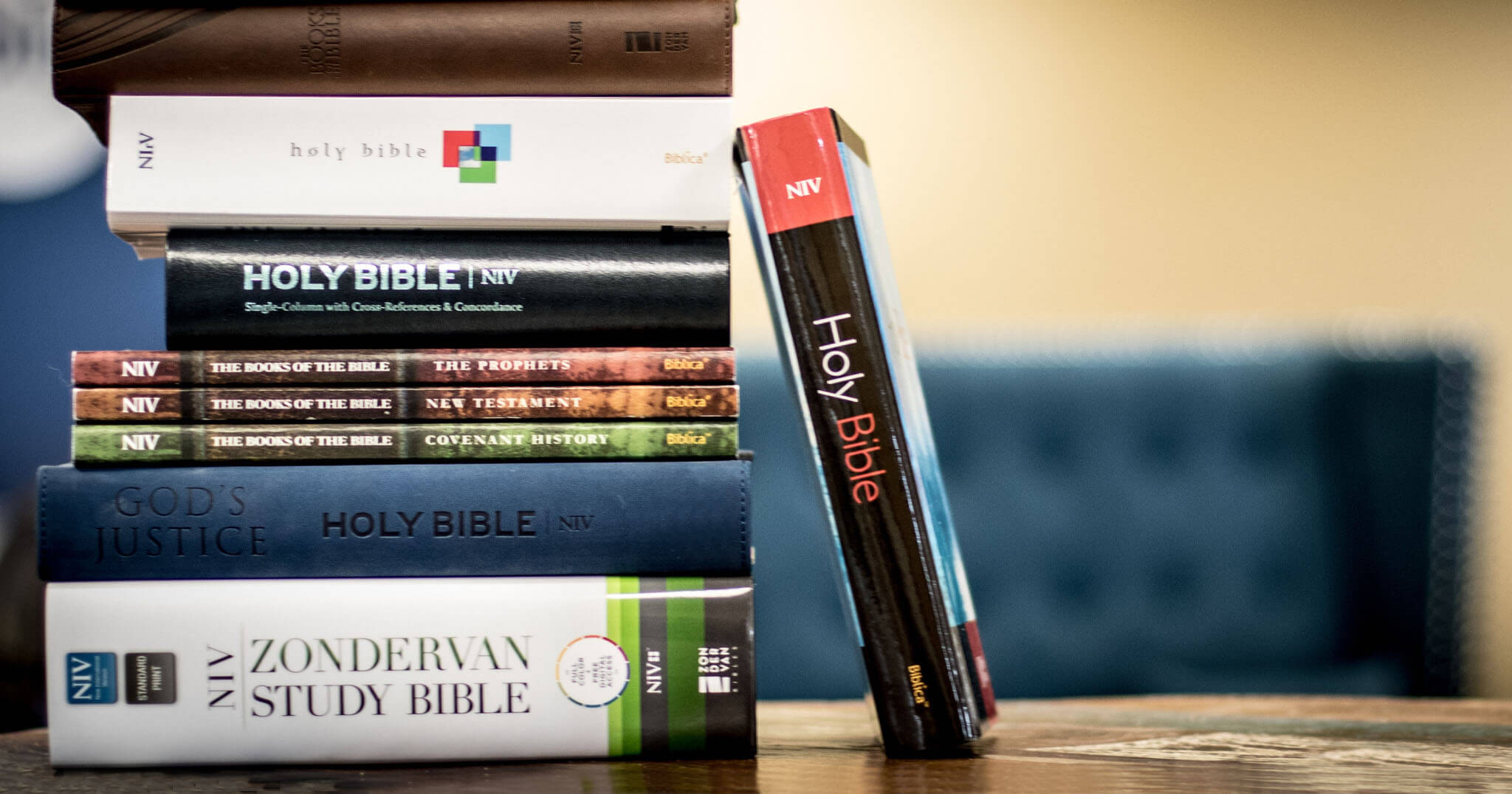In order to answer these questions, let’s first decide what we mean by “the original Bible.” That phrase refers to the revelation that came from God to the human authors. They wrote down exactly what was revealed to them, using their own vocabulary and writing style. These messages from God came to some forty different people over the span of 1600 years! The concluding one, the book of Revelation, was given 2000 years ago around 100 AD.
Unfortunately, none of these original manuscripts exist today. Well over 3000 years have passed since Moses first penned the book of Genesis. None of his own writing has survived, but copies have been made down through the centuries. The scribes who made these copies were extremely careful as they did their work. We know this because there are over 5000 complete or partial copies of the originals, actually copies of the copies. Yet these thousands of copies (which predate the printing press) agree with each other to an amazing extent. There is no major variation in any of them. No other book from ancient times has this much underlying documentary support. So we are sure we have the original text as it came from the mind of God.
Because what we have are copies of so many manuscripts, there is no single location where “the original Bible” is housed. The Bible text most often used by scholars and translators is a composite made from the oldest and most reliable of the ancient manuscripts. These old manuscripts are housed in several museums and other places all over the world.
But what about the translation of this text into English? Does it accurately reproduce the original text – which, after all, was first written down in Hebrew, Aramaic, and Greek? Since the ancient texts we are using agree to such a remarkable extent, our task is to put this original text into excellent English.
The translation task is not simple. To find the exact meaning in modern English of those ancient Hebrew, Aramaic, and Greek terms, phrases, and sentences is very challenging. Sometimes the original words have no exact counterpart in English, so several English words may be required to reproduce the precise meaning. And English is constantly changing, as some of our words take on new meanings. For example, the word “gay” means something quite different today than it meant fifty years ago.
This helps to explain why there is so much variation in the English translations. Ten trained translators looking at the same Greek text would likely come up with ten slightly different renditions, and each would have reasons for his or her choice of particular words and phrases. English is, after all, not a fixed, dead language. It is alive and constantly changing. So don’t expect that there will be no further English translations. Translators continue to study the ancient text to find just the right nuance and shade of meaning in today’s English to express exactly what God intended to convey.
The real question about the location of God’s Word is actually a very personal one. The real question is not in which museum it is housed, but does it find lodging in your heart? If it’s located there, then a second question arises. Are you translating its message into the drama of your life day by day?





